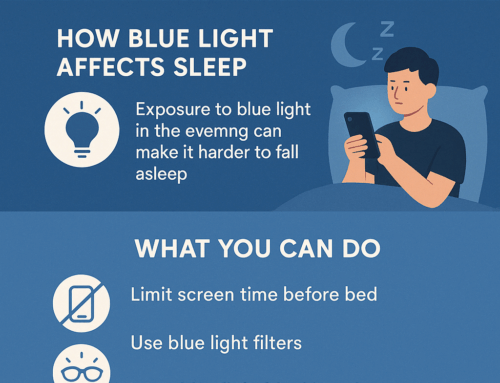As social media continues to play a significant role in the lives of teenagers, parents have a critical role in guiding and supporting their children to ensure a healthy relationship with these platforms. Here are some practical steps parents can take to mitigate the adverse effects of social media on their teens:
- Open Communication
- Foster an Open Dialogue: Encourage open and honest conversations about social media. Ask your teens about their experiences, what they enjoy, and any challenges they face. Listen without judgment to make them feel comfortable sharing their concerns.
- Discuss the Realities of Social Media: Talk about how social media often portrays an unrealistic version of life. Help them understand that people typically share highlights and joyous moments, not the whole picture.
- Set Boundaries and Limits
- Establish Screen Time Limits: Set clear rules regarding how much time your teens can spend on social media daily. Encourage them to take breaks and engage in offline activities.
- Designate Device-Free Zones: Create specific times and places where devices are not allowed, such as during family meals, in bedrooms at night, and during homework time.
- Model Healthy Behavior
- Be a Role Model: Demonstrate balanced and healthy use of social media. Show them the importance of putting down devices and engaging in face-to-face interactions.
- Share Positive Content: Use social media to share positive and educational content. Highlight the constructive aspects of these platforms, such as connecting with family and learning new skills.
- Educate About Online Safety
- Teach Online Etiquette: Educate your teens about respectful and responsible online behavior. Discuss the importance of not sharing personal information, being kind, and thinking before posting.
- Discuss Cyberbullying: Make sure your teens know how to recognize and respond to cyberbullying. Encourage them to talk to you or another trusted adult if they experience or witness any form of online harassment.
- Encourage Offline Activities
- Promote Hobbies and Interests: Encourage your teens to engage in activities they enjoy that don’t involve screens. This could include sports, arts and crafts, reading, or volunteering. Getting involved in church activities can also help foster in-person relationships. To learn more about how important spirituality is to mental health, click here.
- Facilitate Social Interactions: Help them build and maintain real-life friendships by arranging opportunities for in-person interactions with peers.
- Monitor Usage and Content
- Stay Informed: Keep up with the latest social media platforms and trends. Understand what apps your teens are using and what content they are exposed to.
- Use Parental Controls: Utilize parental control tools and privacy settings to monitor and manage your teen’s social media usage. This may seem controversial, but knowing what happens on your teen’s social media accounts can warn you of potential harm or issues your teen may face.
- Support Mental Health
- Recognize Signs of Distress: Be alert to any changes in your teen’s behavior that might indicate mental health issues, such as withdrawal, anxiety, or depression. Address these signs promptly.
- Provide Emotional Support: Ensure your teens know they can come to you with any problems they face online. Offer reassurance and support, helping them develop coping strategies for dealing with negative experiences.
- Create a Balanced Perspective
- Highlight the Positives: While addressing the negatives, acknowledge the positives of social media, such as staying connected with friends, learning new things, and finding communities with shared interests.
- Encourage Critical Thinking: Teach your teens to evaluate the content they see online critically. Help them understand the influence of advertising and sponsorships and the pressure to conform to online trends.
By taking these proactive steps, parents can help their teens navigate the complexities of social media, fostering a healthier and more balanced digital life. Open communication, education, and support are vital to mitigating the adverse effects and ensuring social media is a positive force in their development. To learn more about the adverse impact of social media on our teens, visit our blog post.







Leave A Comment